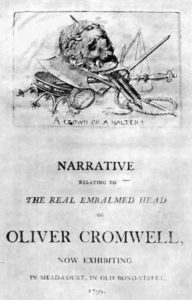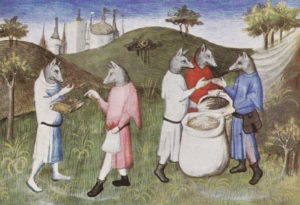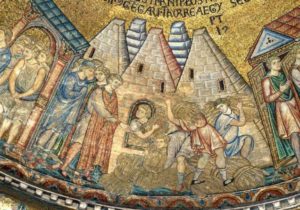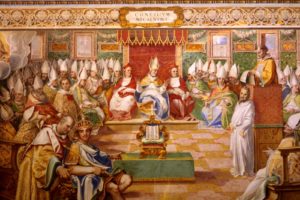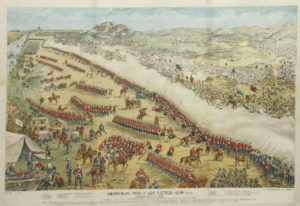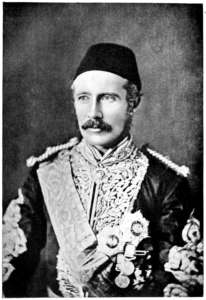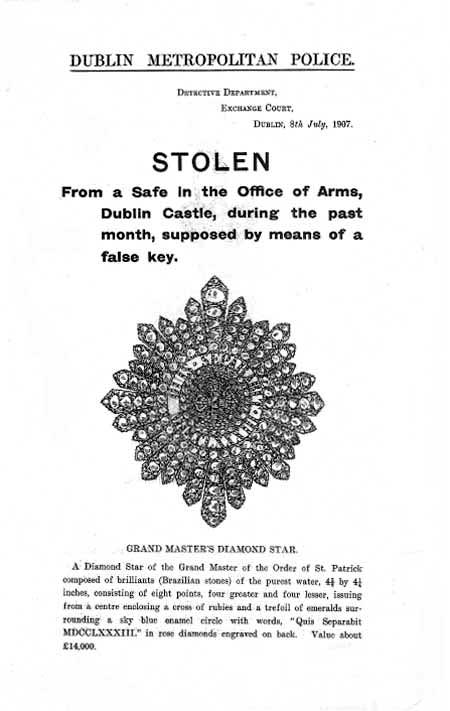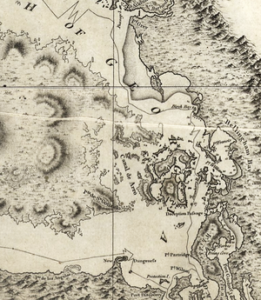Defining what is and is not a country, state, or nation can sometimes be sort of difficult. China, obviously, is a country. So are Brazil and Morocco. Some states, like Kosovo, East Timor, and Vatican City, are independent and sovereign on paper, yet don’t seem to have the ephemeral legitimacy of an established state, the kind of undefinable real-ness that Frank Zappa alluded to when he said that “you can’t be a real country unless you have a beer and an airline. It helps if you have some kind of football team, or some nuclear weapons, but at the very least you need a beer.”
And then there are some states which just declare independence and call it good. Like Sealand, for example, an ostensible principality off the coast of Britain that has endured as one of the world’s most successful micronations.
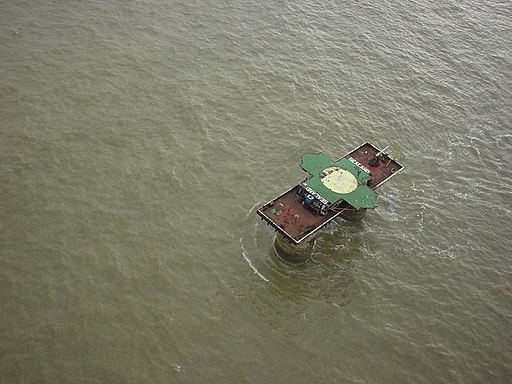
Related Links:
Sealand’s official website, where you can become a lord, lady, baron, or baroness, depending on your preferences.
Sealand The Mystery Solved is a four-part YouTube series about the micronation. It was made in cooperation with the principality, so, in a way, it is official Sealand government propaganda. Of a sort.
Fettes Brot, a German hip-hop group, shot the music video for their song Echo at (on? in? what is the proper preposition for a fort/micronation?) Sealand.
THE COAST OF BRITAIN IS INFINITE
Podcast: Play in new window | Download
Subscribe:

